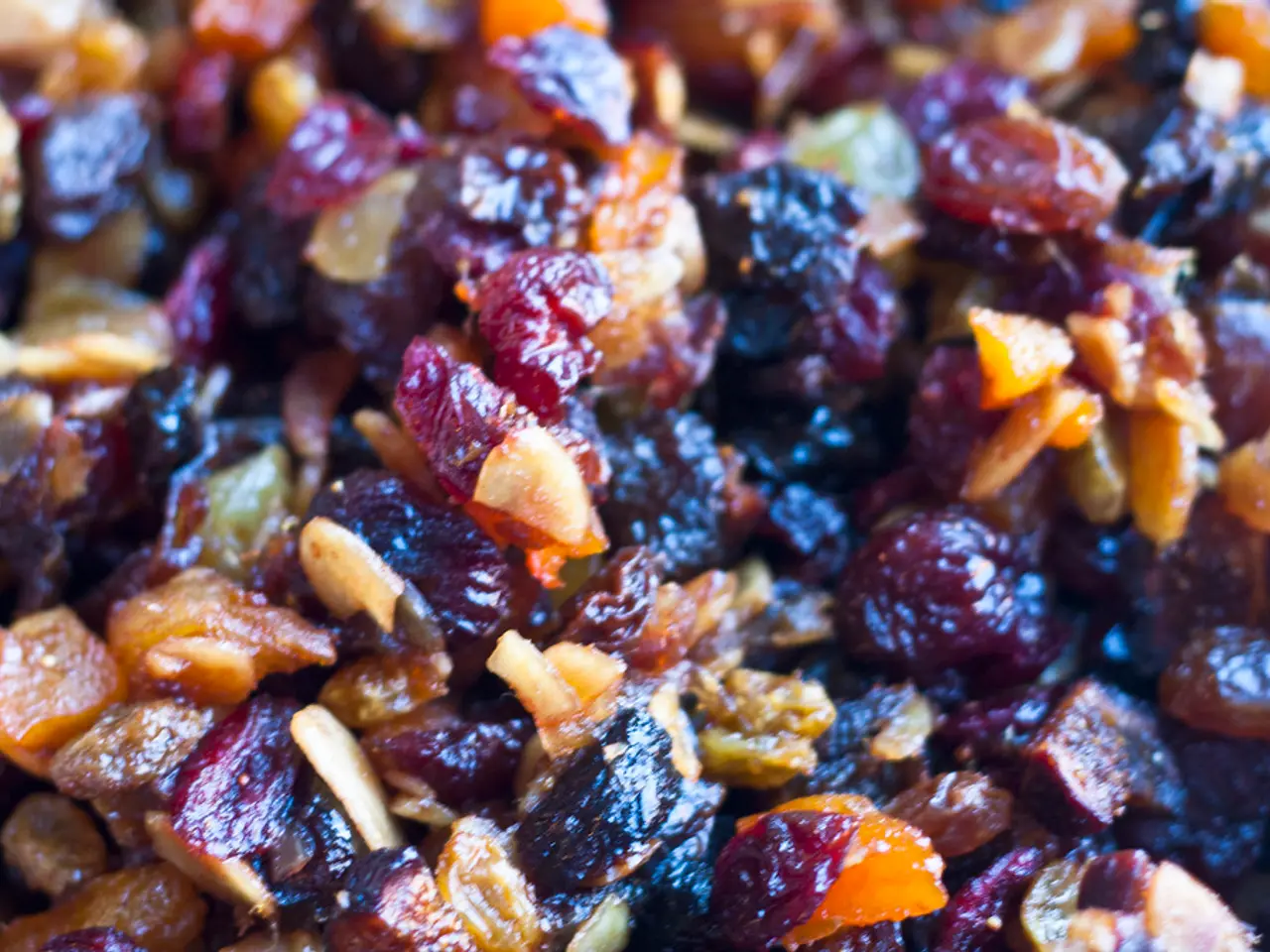Need a jumpstart on your fermentation project?
In the world of fermented foods, the use of a starter culture can be a game-changer. However, not all foods strictly require one for the fermentation process. Here's a breakdown of some popular fermented foods that can benefit from a starter culture but don't necessarily need one.
First up is sauerkraut, a fermented cabbage dish beloved for its tangy taste. Traditionally, sauerkraut is made using the cabbage's own natural bacteria. While this method works fine, using a starter culture can help ensure a more consistent fermentation process. The natural bacteria on the vegetables, such as *Leuconostoc* and *Lactobacillus*, can initiate fermentation when the cabbage is submerged in its own juice under the right conditions.
Next, we have pickles, specifically traditional lacto-fermented pickles. These are made by allowing the natural bacteria on the cucumbers to ferment them in a brine solution. This process does not require a starter culture but can be enhanced with one for consistency. The natural bacteria on the cucumbers ferment the sugars in the brine, producing lactic acid and creating the sour taste.
Kombucha, a fermented tea drink, is another example. Although it requires a SCOBY (Symbiotic Colony of Bacteria and Yeast) to ferment, it doesn't need a traditional "starter culture" like those used for dairy or grain fermentations. The SCOBY is a living culture that ferments the sugars in the tea, but it can be considered a different type of starter. However, it can be propagated from a previous batch of kombucha, so while not a traditional starter, it does rely on a form of microbial culture.
In conclusion, while some fermented foods can ferment without a starter culture due to their natural bacteria, using a starter can often enhance the fermentation process, ensuring a more predictable outcome and potentially more probiotics. It's essential to understand the fermentation process of each food to make an informed decision about whether to use a starter culture or not. Happy fermenting!
- In the realm of health-and-wellness and food-and-drink, sauerkraut, a renowned fermented cabbage dish, can sometimes benefit from a starter culture, despite it traditionally relying on the cabbage's own natural bacteria for fermentation.
- Traditional lacto-fermented pickles, a popular fermented food, typically ferment in a brine solution using the natural bacteria on the cucumbers, although a starter culture can be employed to boost consistency.
- Kombucha, a fashionable fermented tea drink, uses a SCOBY (Symbiotic Colony of Bacteria and Yeast) to ferment, a living culture that is different from traditional starters but still relies on a form of microbial culture.
- Cooking and lifestyle enthusiasts should take note that while some fermented foods can ferment without starters due to their natural bacteria, utilizing a starter culture can often bring about a more predictable outcome and potential increase in probiotics, enhancing the fermentation process.





